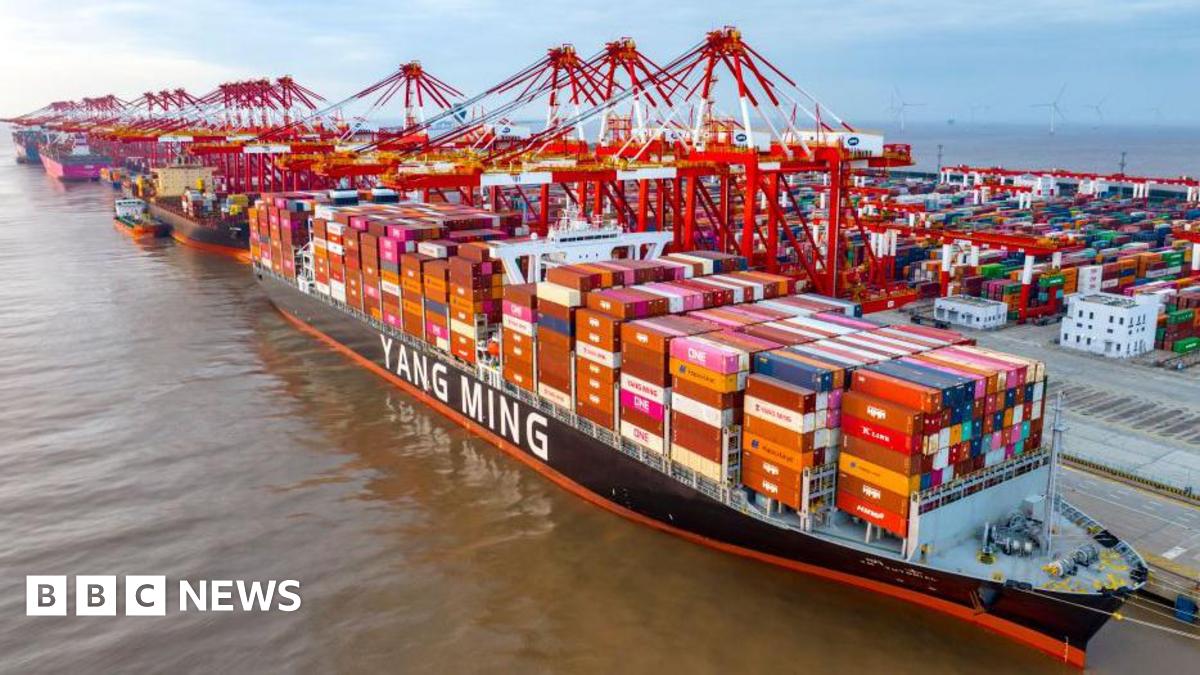One industry that is likely to continue to be at the heart of global trade battles is electric vehicles. More than 10 million were made in China last year, and that dominance led the US, Canada and European Union (EU) to impose tariffs on them.
Beijing says they’re unfair, and is challenging them at the World Trade Organization.
However, it’s the prospect of Donald Trump imposing tariffs that is concerning the EU.
“Restrictions on trade, protectionist measures, are not conducive to growth, and ultimately have an impact on inflation that is largely uncertain,” the president of the European Central Bank, Christine Lagarde, said last month. “[But] in the short term, it’s probably net inflationary.”
Germany and France are the traditional engines of Europe’s economic growth. But their poor performance amid political instability over the past year means that, despite a recent uptick in growth, the eurozone risks losing momentum in the year ahead.
That is, unless consumers spend more and businesses increase their investments.
In the UK higher prices could also come as a result of tax and wage increases, according to one survey.
One barrier to cutting eurozone interest rates is that inflation remains at 4.2%. That’s more than double the target of 2%, and strong wage pressure has been a barrier getting it down further.
It’s been similar in the US according to Sander van ‘t Noordende, the chief executive of Randstad, the world’s biggest recruitment firm.
“In the US, for instance, [wage inflation] is still going to be around 4% in 2024. In some Western European countries, it’s even higher than that.
“I think there’s two factors there. There’s the talent scarcity, but there’s also, of course, the inflation and people demanding to get more for the work they do.”
Mr van ‘t Noordende adds that many companies are passing those extra costs on to their customers, which is adding upward pressure to general inflation.
A slowdown in the global jobs market reflects a lack of “dynamism” from companies and economic growth is key to reversing that, he says.
“If the economy is doing well, businesses are growing, they start hiring. People see interesting opportunities, and you just start seeing people moving around”.

